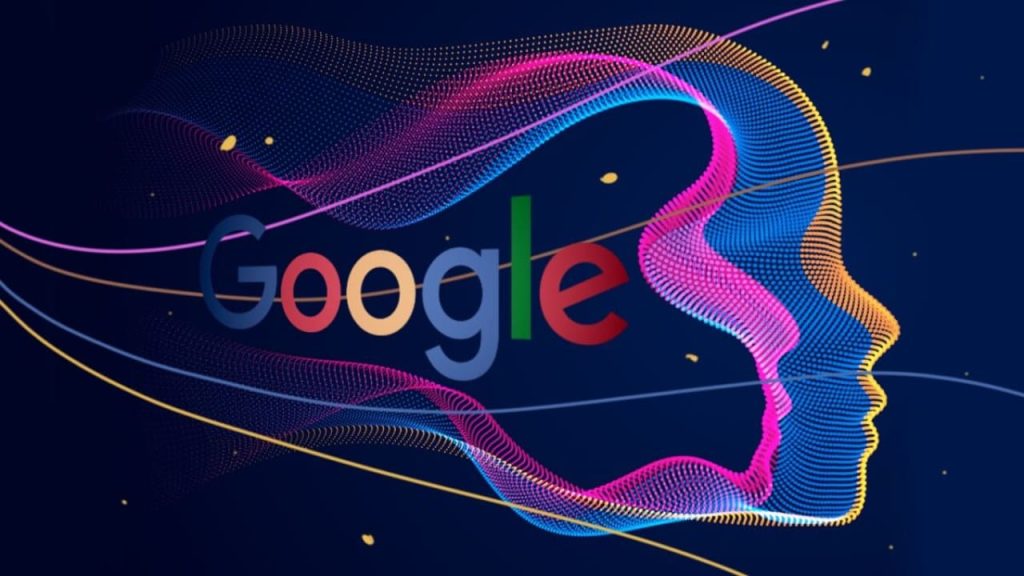The use of artificial intelligence chatbots is growing rapidly. ChatGPT, developed by OpenAI, is the current market leader, with Google’s Bard not far behind. This popularity is creating new opportunities for businesses, but it is also raising concerns among regulators and governments. For example, Google has recently delayed the launch of its Bard AI chatbot in the European Union, citing privacy concerns. Here are the details…
Google Working with Regulators to Address Bard AI Concerns
Artificial intelligence use by many people to make their daily tasks easier. However, there are some risks associated with AI, such as the possibility of sensitive information being leaked. For this reason, some companies, such as Samsung and Apple, have recently banned the use of generative AI bots. The European Union is aware of the risks associated with AI and has begun to regulate its use.

Google, which has developed its own AI chatbot called Bard, has delayed the launch of Bard in the European Union until it can comply with the new regulations. The Irish Data Protection Commission (DPC), which is the lead data protection authority for Google in the EU, has said that it has not received enough information from Google about how Bard will protect users’ privacy.
The DPC has raised concerns about how Bard will collect and use users’ personal data, including their names, email addresses, and IP addresses. The DPC is also concerned about how Bard will prevent users’ data from being used for unauthorized purposes, such as targeted advertising. Google has said that it is committed to protecting users’ privacy and that it is working with the DPC to address its concerns. However, the company has not yet said when Bard will be available in the EU.
This is not the first time that a major tech company has delayed the launch of an AI product in the EU due to privacy concerns. In March, ChatGPT temporarily banned in Italy after the Italian privacy regulator raised similar concerns. It is not yet known when the tension between Google and the EU will end.
RELATED:
- Xiaomi Pad 6 vs Xiaomi Pad 5: Specs Comparison
- Google Bard expands worldwide with advanced image capabilities and coding features
- OpenAI CEO Altman Advocates Global Cooperation to Mitigate Existential Risk Posed by AI
- Huawei to launch “PanGu Chat” to compete with ChatGPT
- Bill Gates Warns: AI is Changing the Way We Use the Internet and Could Destroy…
(via)






